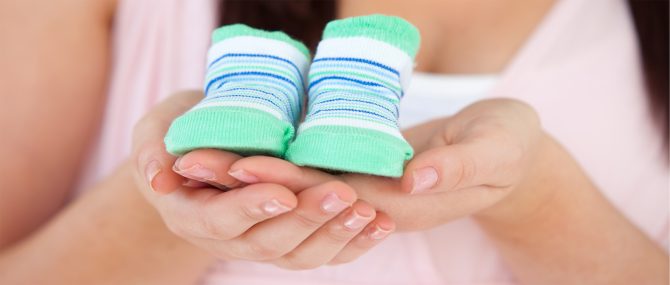In Ukraine, egg donation is regulated according to the provisions set forth in the Ukrainian Family Code and Civil Procedural Code, as well as the Law of Ukraine “Basis of Legislation of Ukraine about Health Care”.
Such regulations cover all patients undergoing a fertility treatment in order to achieve parenthood, whether they are Ukrainian or foreign citizens.
Provided below is an index with the 4 points we are going to expand on in this article.
What does the Ukrainian law say?
According to Ukrainian law, by egg donation we make reference to a reproductive treatment in which, having the patient signed a voluntary written consent beforehand, a woman hands her eggs over to a couple or person needing fertility treatment.
Although it must be an anonymous, voluntary, and altruistic act above all, donors can be economically compensated for any inconveniences caused.
Donor eggs are used for in vitro fertilization (IVF) using either donor sperm or a sample from the prospective father. Embryos created from these reproductive cells will be later transferred to the maternal uterus, provided that the prospective mother has previously signed a written consent authorizing to do so.
Confidentiality of the donor
Ukrainian law authorizes the use of donor eggs only when required for medical reasons and as long as the patient is a full-aged woman.
It should be also noted, as stated earlier, that all patients must sign a written consent beforehand, thereby ensuring the protection of both medical secrecy and donor anonymity.
Egg donation must stand for a completely anonymous procedure, which means that spouses who resort to such fertility treatment to become parents will be allowed to neither meet the donor in person nor see pictures of her. Nonetheless, they can get general information about features such as blood type, Rh factor, nationality, height, weight, eye and hair color, if she is already on motherhood, etc.
Receiving eggs from couples who have already finished their fertility cycle is another option addressed by law.
On the other hand, current policies allows "skipping" anonymity only in cases where the egg donor is a relative or acquaintance of the receiving couple.
In short, egg donors can be:
- Relatives or female acquaintances
- Anonymous women who donate their eggs willingly
- IVF patients who decide to donate part of their eggs by signing a written consent in beforehand.
It should be clear that, regardless of the person who finally donates her eggs, she will have neither rights nor obligations over the baby carrying half her genetic material.
Egg donor eligibility
In Ukraine, the following are the main requirements prospective egg donors must meet:
- Women in the 18-to-35 age bracket
- Presence of at least one born healthy child
- Absence of negative phenotypic manifestations, i.e. anatomical abnormalities
- Being physically and mentally healthy
- Absence of hereditary diseases
- Absence of unhealthy habits, such as drug intake, alcoholism, toxic substances abuse
As we can see, egg donors are fundamentally young, healthy girls whose egg quality is above the normal values. Donor eggs allow improving fertility treatment outcomes dramatically, given the optimal quality of the eggs used.
Using donor eggs brings the possibility of achieving pregnancy closer to women experiencing fertility problems such as primary ovarian insufficiency, poor ovarian reserve, absence of viable embryos in previous IVF cycles, presence of chromosomal alterations and genetic diseases, etc.
We make a great effort to provide you with the highest quality information.
🙏 Please share this article if you liked it. 💜💜 You help us continue!




Hello, we’ve done 2 failed IVF cycles with donor eggs already here in Russia, each time in a different fertility center. We honestly think Russia is not a good country for fertility treatment, so we’re considering moving to Ukraine to do it as it is close to us. Anyone who has already achieved pregnancy with donor eggs in Ukraine? Pls, we need some advice.
Hello, I just saw your comment and I’m interested in being an egg donor. If you’re interested you can email me **********@****